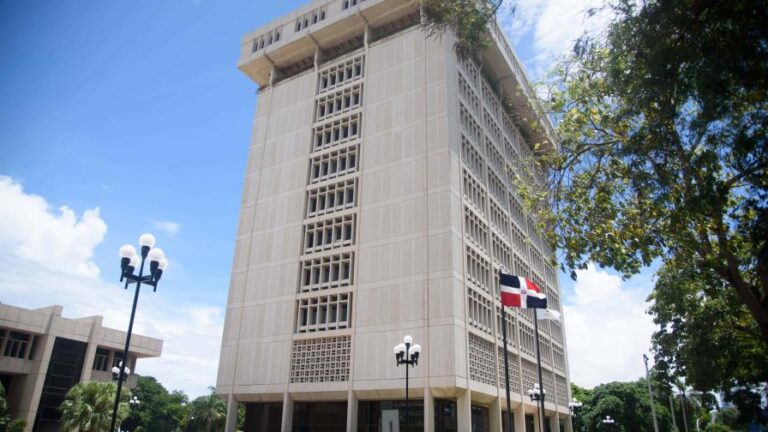
The tax policy should continue to focus on directing public debt towards a downward trajectory, as outlined by credit rating agencies when evaluating the Dominican Republic. The country’s improved credit rating, assessed by multiple agencies, has contributed to the decline in the country risk indicator, which decreased from 881 basis points (bps) in 2020 to 224 bps as of June 21, 2024, according to a report from the International Department of the Central Bank published in Página Abierta.
The country risk level shows a 236 bps gap in favor of the Dominican Republic compared to the Latin American average, below which it has been situated since mid-2022, reflecting the Dominican economy’s resilience to external shocks affecting the international context.
Comparatively, the Dominican Republic’s country risk has positioned itself below countries like Mexico, Colombia, and Panama, indicating that our economy is perceived as more attractive for investment than these larger countries. This suggests greater potential for Foreign Direct Investment and indicates that the country is on the right path to ensuring long-term economic growth.
Furthermore, this indicator’s positive trend reflects international investors’ confidence in the sustainability of the debt and the economic stability of the country. It also stimulates foreign investment as investors may be willing to purchase Dominican debt securities at lower interest rates.
Additionally, the Dominican Republic’s lower country risk compared to dollarized countries like El Salvador and Panama reflects the stability of the Dominican peso.
The strong economic fundamentals and effective management of monetary and tax policies in the Dominican Republic have contributed to the sustainability of public debt.
This is evidenced by the sovereign rating upgrade by Standard & Poor’s in 2022, the improvement in outlook from stable to positive by both Moody’s and Fitch in 2023, and the reaffirmation of the credit rating by S&P on January 4, 2024, at ‘BB’ with a stable outlook.
These decisions by rating agencies have contributed to reducing the country risk index, indicating a lower likelihood of default on the country’s foreign currency obligations, making investing in the Dominican Republic increasingly secure.
Looking ahead, according to the rating agencies, tax policy should continue to focus on guiding public debt on a downward trajectory.
Similarly, tax buffers should be strengthened through tax reforms to enhance tax consolidation, without jeopardizing social and infrastructure spending. Under this scenario, the country would increasingly move towards investment-grade status.
Source:




